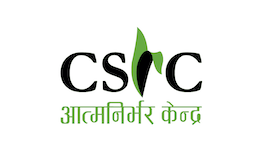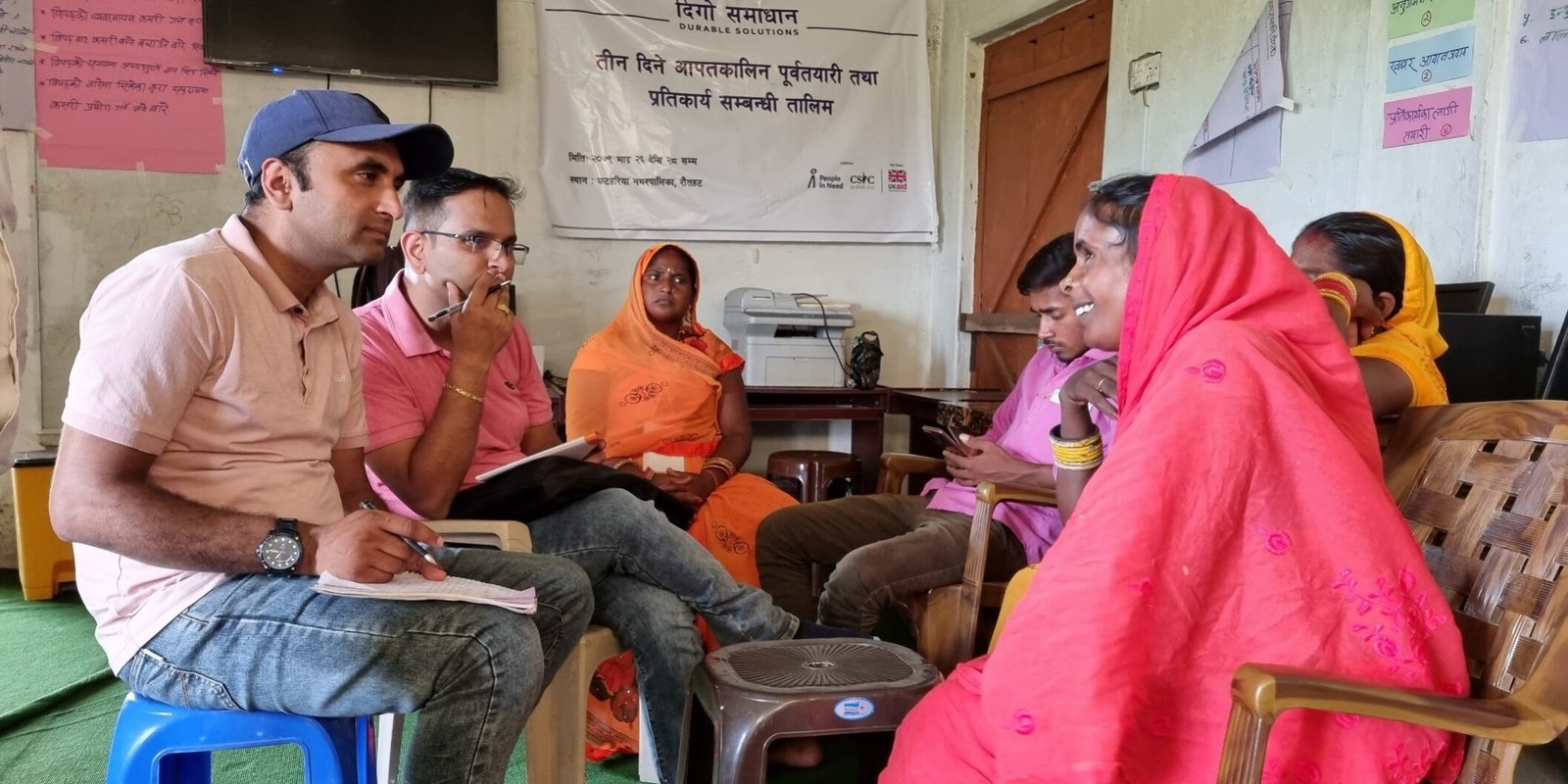| Based on the Foreign, Commonwealth & Development Office (FCDO)-funded Durable Solutions III programme, People in Need (PIN) and CSRC (Community Self Reliance Centre) is implementing a management-oriented consortium based on equal partnership with strong expertise in systemic inclusion, DRM and land issues to develop and facilitate the model for durable solutions for landless households at risk of or displaced by floods in Madhesh Pradesh to ensure that the vulnerable landless households are put on the path of increased resilience. The government of Nepal formulated the National Land Policy 2019, Land Use Act 2019, and amended the Land Reform Act 1964 which provisioned some land to the landless. Under Land Reform Act (8th Amendment), in 2019 the Land Issues Resolving Commission (LIRC) started to collect data on landlessness from all 753 local governments. LIRC data from 319 municipalities shows that from a total of 1,184,567 households who submitted applications for agricultural land, housing, or both, 251,766 are landless (21%) and 932,801 are informal settlers and/or functionally landless people (79%). In Madhesh Province only 19 municipalities have collected the data out of 136 local governments and none of them is in the flood-affected areas surveyed by the PIN and CSRC teams. This process is currently happening with the support of Civil Society Organizations (CSOs) and NGOs (including CSRC), and it represents the first important step for landless to access federal and/or governmental grants. Another important step has been the adoption of the Land Use Act 2019 which seeks to manage land sustainably by developing a specific land use system through Land Use Plans (LUPs). In the new system, the local government is the key actor in participatory and proper land use planning and implementation, risk identification, and organized relocation management. The Local Governments (LG) are still often unaware of the existing policies or do not have adequate resources or capacities to operationalize them and leverage funds for their implementation, but in essence, these laws and associated procedures are acknowledged by all as an appropriate starting point for systemic solutions for inclusion and supporting good governance in land use, disaster risk management and development planning including the Climate Change adaptation. This project proposes to develop and pilot a model for supporting local governments and landless communities in the systemic inclusion of landless into local governance solutions. Specifically, the pilot will show ways how to effectively mainstream the inclusion of landless households at risk of flood into good governance, in the sector of DRM and resilience building including Climate Change Adaptation, thus contributing to durable solutions for increased and sustainable resilience of the communities including the most marginalized and vulnerable groups in Nepal. |
close
Durable Solutions III
You are here:
- Home
- Ongoing Projects
- Durable Solutions III







